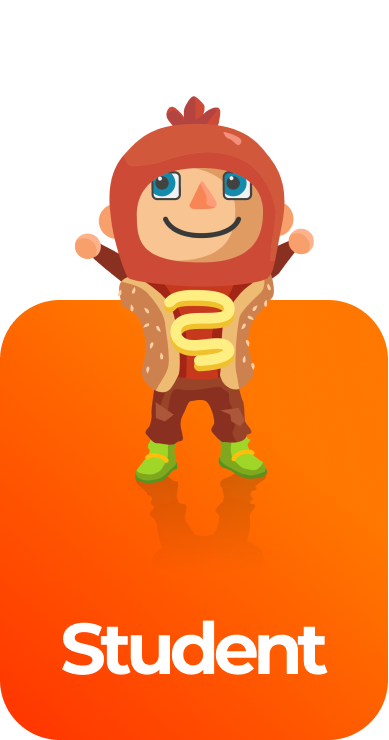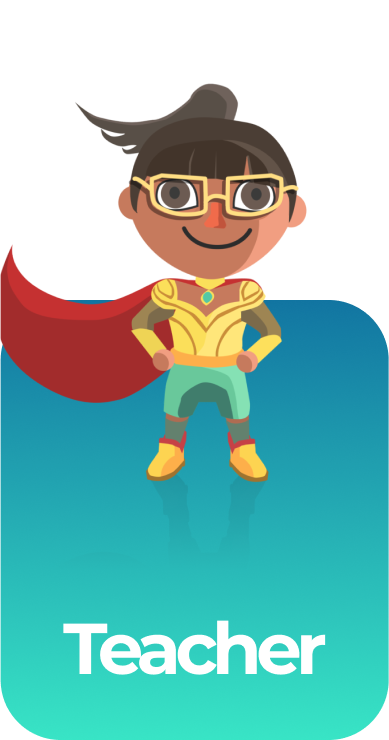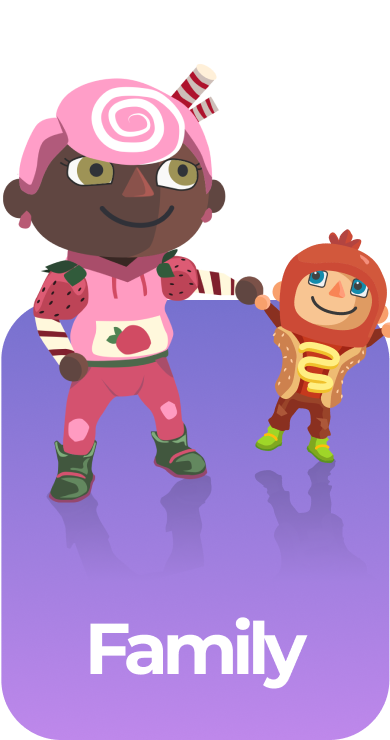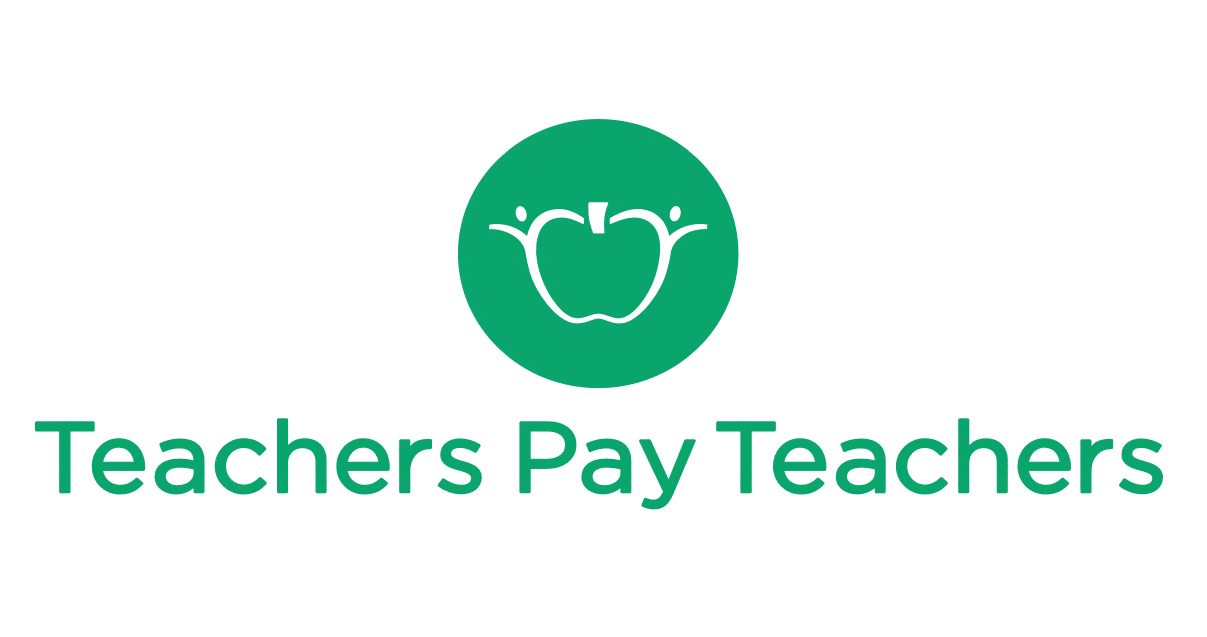Top 10 Most Popular Science Topics in Classroom
Check out the top 10 most popular science topics on the Legends of Learning platform and games you can use to teach them in your Classroom.
Table of contents
- 1. Effects of Temperature and Pressure on State
- 2. Atoms and Elements
- 3. Parts of the Cell
- 4. The Sun, Moon, and Stars: Patterns of Apparent Motion
- 5. Role of Sunlight and Gravity in the Water Cycle
- 6. Conservation of Matter in Chemical Reactions
- 7. Temperature, Thermal Energy, and Particle Motion
- 8. Weathering and Erosion
- 9. Sound Waves
- 10. Gene Mutations
1. Effects of Temperature and Pressure on State

Summary of concepts covered: A substance’s state of matter is an extrinsic property that can be changed by its environment. Physical conditions like temperature and pressure affect the state of matter. Both temperature and pressure can be measured, and state changes can be observed.
Did you know that games can be a powerful tool to re-engage students in the classroom?
Get free access to all the science games available on Legends of Learning. Click here to create your free teacher account!
The game Galaxy Scape is the best to teach this concept
2. Atoms and Elements
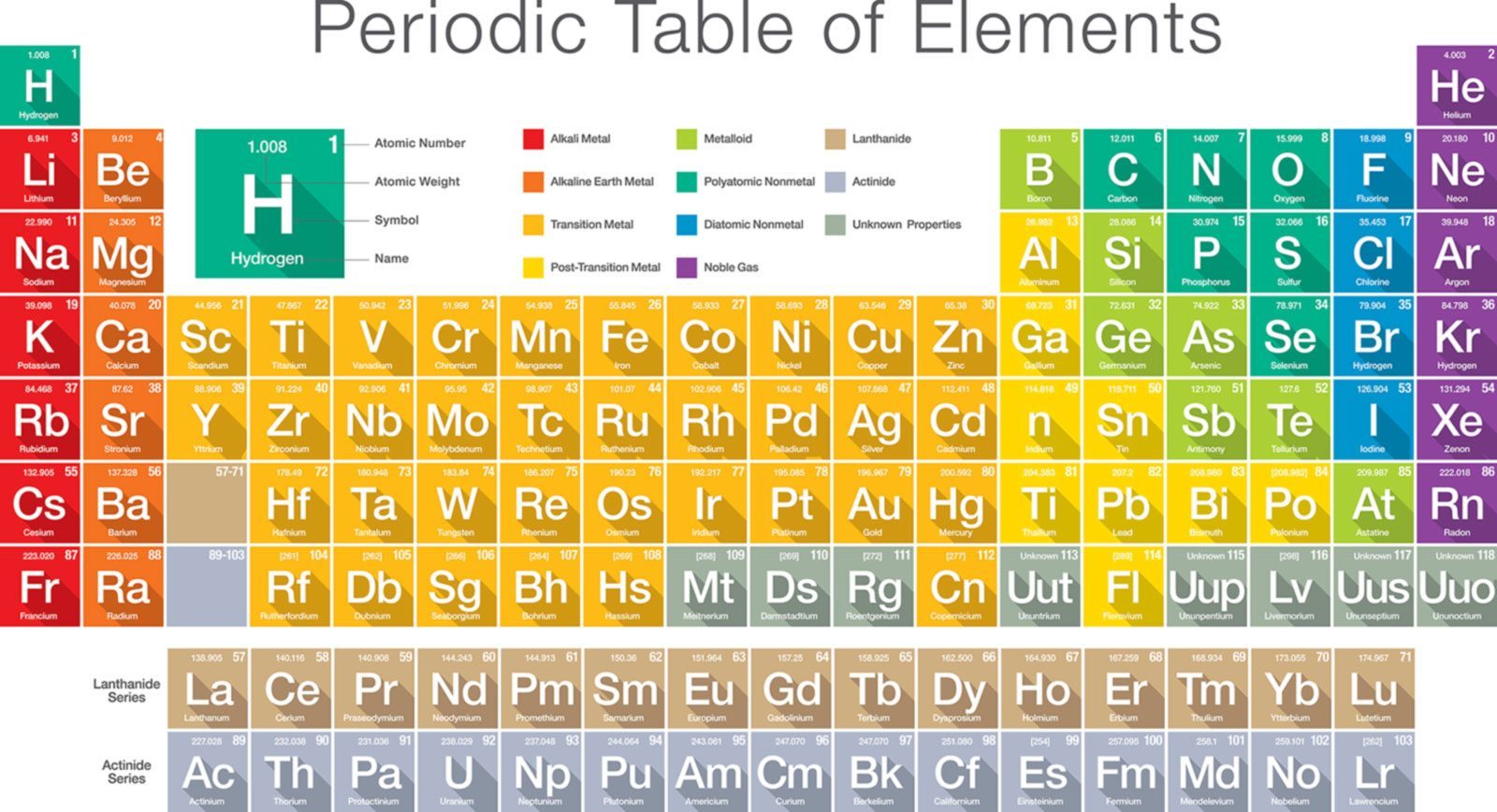
Summary of concepts covered: Everything in the universe is made of atoms. Atoms are the smallest units of matter, and the different types of atoms make up different elements. They can exist on their own or bonded together in molecules.
Don’t miss out on the opportunity to use top-tier games and PhET simulations to teach Atoms and Elements!
Try out DocDuck, one of the best games available to review Atoms and Elements.
3. Parts of the Cell
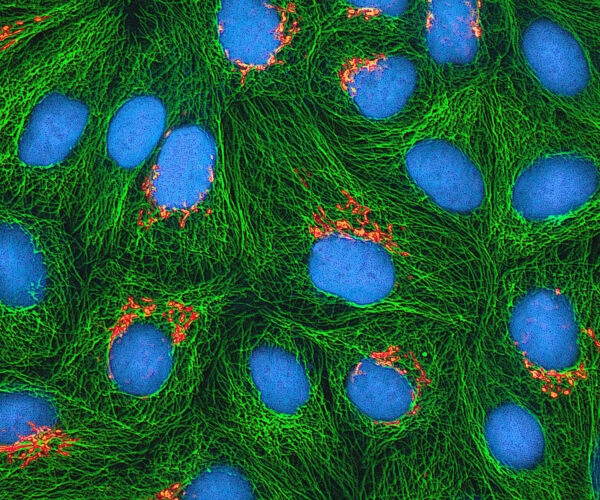
Summary of concepts covered: Cells contain specialized structures, called organelles, that perform specific functions.
Prokaryotic cells, like bacteria, do not have many organelles, while eukaryotic cells have defined organelles.
All cells have a semi-permeable cell membrane that lets them absorb nutrients and get rid of waste.
Nuclei, mitochondria, ribosomes, rough and smooth ER, the Golgi apparatus, and lysosomes are all covered!
Cosmic Cells is your get-go instructional game to make this topic easy and fun for your students!
4. The Sun, Moon, and Stars: Patterns of Apparent Motion
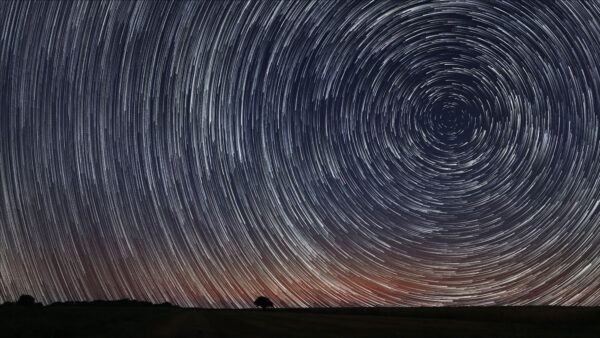
Summary of concepts covered: From day to day, the sun and stars will not appear in the exact same part of the sky due to the Earth’s revolution around the sun.
These patterns of apparent motion allow us to predict where the Sun, Moon, and stars are at any given time, using drawings, 3D models, and computer models.
Help your students understand the movement of the celestial bodies in the sky with Camp Star
5. Role of Sunlight and Gravity in the Water Cycle
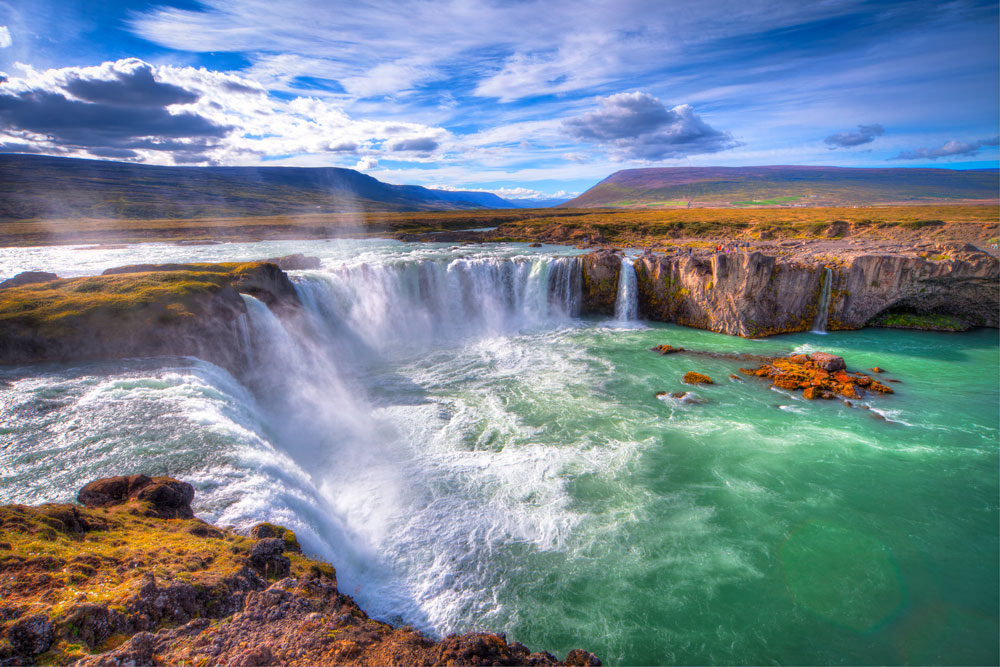
Summary of concepts covered: On Earth, water can exist as a liquid, a solid (ice), or a gas (water vapor). It changes between these states of matter when it gains or loses energy. In the water cycle, this energy comes from sunlight.
While sunlight is the energy source, the greatest force propelling the water cycle is gravity. Gravity is the force of attraction between two objects, and Earth’s gravity pulls matter downward, toward its center. It pulls precipitation down from clouds and pulls water downhill.
Try Novo Mundo Corporation: Water Cycle Engineer
6. Conservation of Matter in Chemical Reactions

Summary of concepts covered: During a chemical reaction, atoms are rearranged, but they are not created or destroyed.
The substances entering the reaction are called reactants, and the resulting substances, with new chemical formulas, are called products.
Games can be a powerful tool to motivate students in the classroom. Get free access to chemical reaction games available on Legends of Learning!
7. Temperature, Thermal Energy, and Particle Motion

Summary of concepts covered: Temperature measures the average kinetic energy of the particles in a substance.
Thermal energy measures the total kinetic energy of the particles in a substance. The greater the motion of particles, the higher a substance’s temperature and thermal energy.
Discover all the games available to support your teaching efforts! Go to Legends of Learning
8. Weathering and Erosion
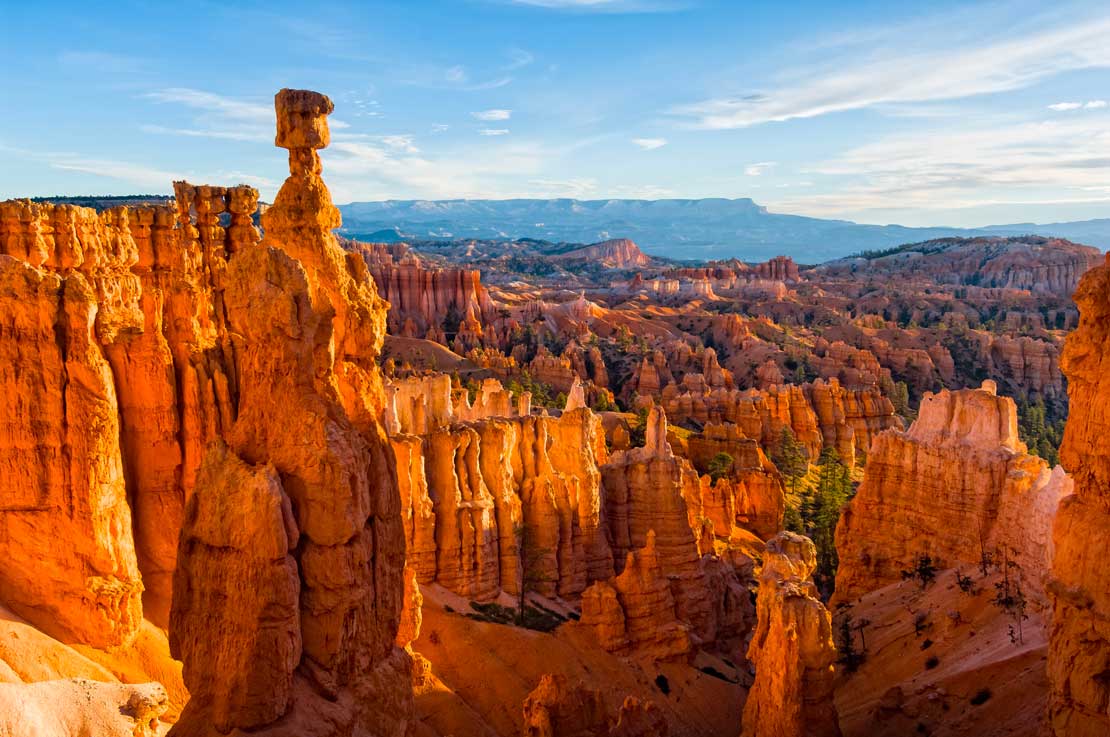
Summary of concepts covered: Aside from plate tectonics, moving water (including ice) causes the most significant change to the earth’s surface.
Weathering (including physical and chemical) is the process of breaking down rock that is not moving. Erosion is when water actually transports rock and sediment from one place to another.
9. Sound Waves

Summary of concepts covered: Waves are disturbances that transfer energy from one place to another. Sound waves are a type of mechanical, longitudinal wave.
Longitudinal waves cause matter to contract and expand, known as compression and rarefaction. Matter vibrates as sound passes through it.
10. Gene Mutations

Summary of concepts covered: DNA contains the genetic blueprint of all living things. It comes in double helix-shaped strands, which look like twisted ladders.
The ladders’ rungs are made up of two kinds of nucleotide pairs: adenine and thymine, and cytosine and guanine. During cell division, DNA replicates itself, but it sometimes makes errors.
Most of these errors are fixed during the process, but the ones that aren’t may become gene mutations.
Are you ready to experience the power of engaging games and fun learning?
Have questions? Reach out to us at support@legendsoflearning.com
